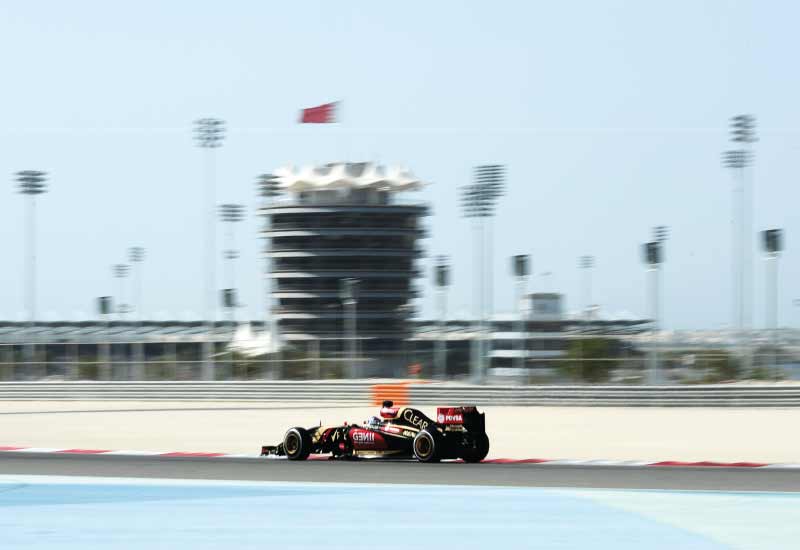Hewett highlights a range of government initiatives already underway that will contribute to the development of Bahrain’s leisure offering including the $2.5bn master waterfront development, Bahrain Bay, covering 43 hectares of reclaimed land, slightly north of Manama’s central business district. The development, 50% of which is due to be completed this year, is set to become a 24-hour downtown hub.
De Groot agrees that driving leisure tourism will be essential to developing Bahrain’s tourism industry, with the corporate segment representing roughly 70% of market share at the moment, and leisure and best available rate guests making up the remaining 30%. He adds that the Kingdom has a number of USPs that need to be drawn together under a “singular vision”.
Along with other hoteliers, tour operators and travel agents, De Groot is part of ‘The Bahrain Forum’, a group which has recently produced a suggestion paper to present to the Bahrain Secretary of Tourism outlining what should be done to improve the industry. It is hoped that this will lead to the implementation of a unified strategy.

| Advertisement |
“What Bahrain needs is a brand and a slogan that will become a driver for Bahrain as a whole,” asserts De Groot, who adds that the Kingdom is missing a body such as Dubai’s DTCM to market the destination.
“Bahrain has lost a lot of its credibility in recent years – it used to be the centre of The Gulf,” he adds. However, De Groot points out that there is one thing that Bahrain will never lose, and that’s location. “We’re still the gateway to the Eastern Province and there’s still phenomenal potential for Bahrain and we hope to get better at capturing it as a business.”
In fact, 60% of business comes from across the causeway that links the Eastern Province with Bahrain, including 95% of all Saudi Arabian business – which itself represents almost 50% of the overall source market.
De Groot hopes to achieve around 40% occupancy in 2014, having only opened in full force earlier in the year. “I expect the rest of the market to hit 15% above that; 55% - 60% should be achievable,” he adds. Omar, similarly positive expects occupancy to increase on last year, having already seen 10% growth in the first 10 weeks.
However, Sona argues that it is unlikely that Bahrain will see double digit increases in 2014 since occupancy has now achieved “a certain level”. He explains: “I think 2014 will see average room rate grow at a figure below 5% and occupancy at perhaps 3% and this will be fuelled by the GCC community.”
Sona highlights the March attack as a setback to the industry, saying it has been “a big hit to hotel companies”. He explains that sporadic incidents are always a knock to confidence levels: “Despite efforts, here we go again,” he comments. “Hoteliers have to start re-thinking how they will take on this year, which started on a positive note.”
De Groot agrees, adding there is nothing that businesses can do but look for ways of diversifying market share and above all, stay positive: “We can’t take away the issue but I think that’s not for us as businesses to resolve,” he comments. “As businesess we have to look forward and try and make things right.”









 Search our database of more than 2,700 industry companies
Search our database of more than 2,700 industry companies









